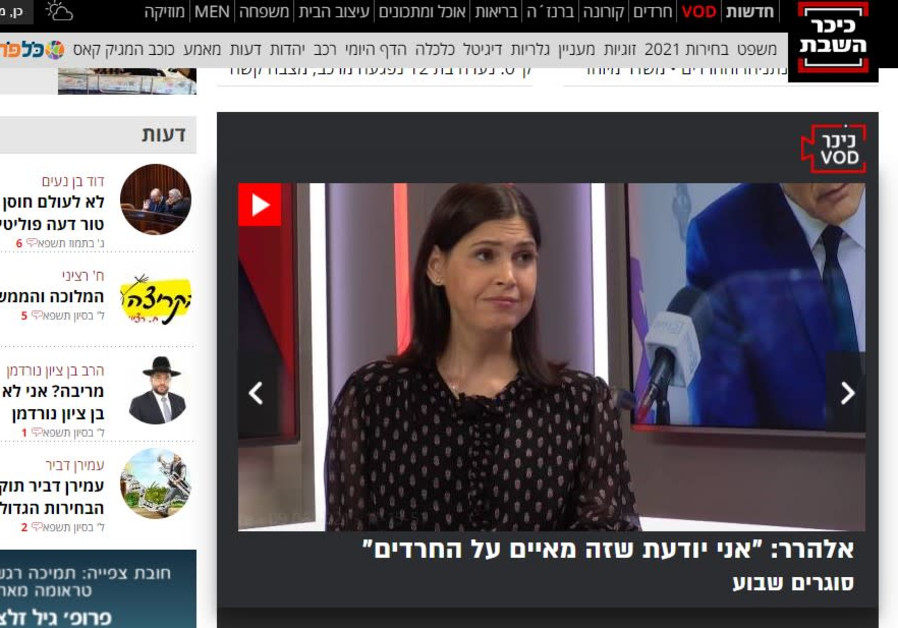But this is especially notable, as the 36th Knesset’s government boasts a record number of women in ministerial positions, with nine out of 27 held by women, or 33%.
Despite this, many readers of haredi news outlets such as Behaderey Haredim won’t be able to see their faces.
This problem extends beyond haredi media outlets in Israel and can be seen in their publications worldwide.
Other notable examples in recent years include when the Israeli haredi publication Hamevaser edited an image of German Chancellor Angela Merkel in 2015 and when Mishpacha magazine faced intense backlash for publishing a photo of Hillary Clinton’s silhouette in 2016.
However, it should be noted that not all haredi news sites follow this policy. Notably, the Kikar Hashabbat website did not obscure women’s faces, showing the faces of Merkel and Karin Elharrar, Israel’s new energy minister..

